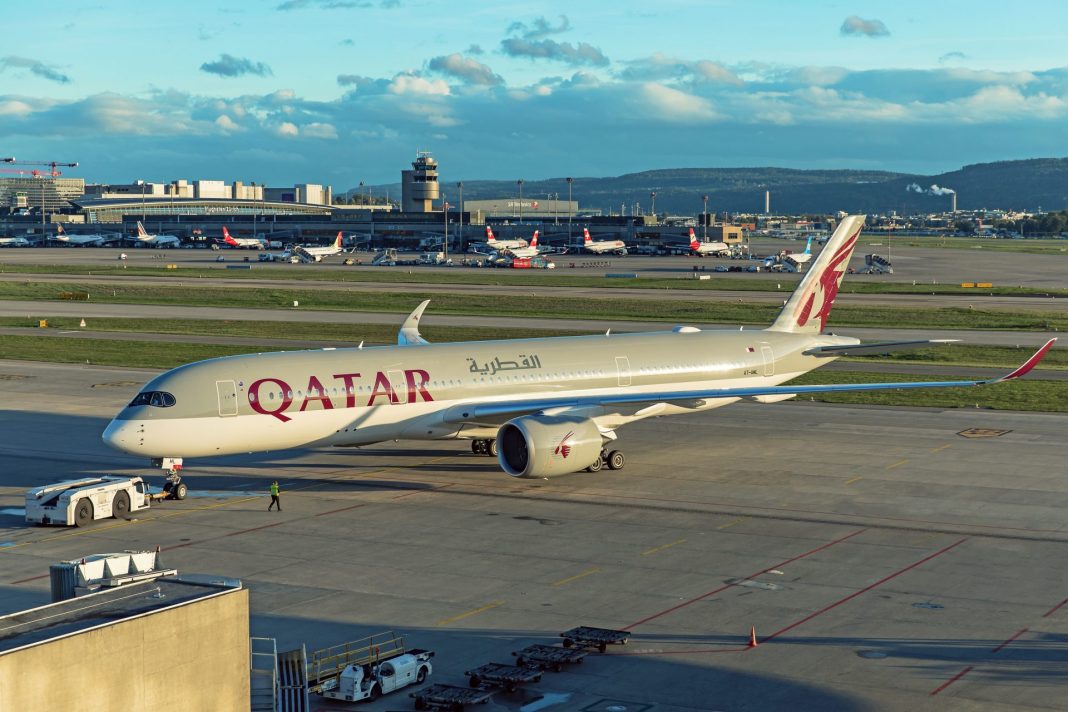By Benjamin Pham
Qatar Airways Resumes Flights To Finnish Capital, Continues Facing Challenges
Qatar Airways officially resumed flights to Helsinki on July 29, serving the Finnish capital with three weekly flights, reinstating access from the Gulf region to the Baltic region of Northern Europe. The Finnish capital is the latest long-haul destination, from Northern Europe, which has seen flight resumptions from the national carrier of Qatar, which plans to operate 22 weekly flights to the entire region.
“We are glad to see Helsinki return to our network, a significant indicator of the recovery of the Nordic travel market. With a total of 22 weekly flights to the region, we are delighted to be the first Gulf carrier to offer flights to the four Nordic capitals of Copenhagen, Helsinki, Oslo and Stockholm,” Qatar Airways Group Chief Executive, Akbar Al Baker said.
Al Baker continued to state: “While the drop in air travel demand due to Covid-19 forced us to temporarily suspend services to Helsinki, we are proud to have never stopped flying to Copenhagen, Oslo, and Stockholm. As we pass the worst of the crisis, we look forward to increasing our services to the Nordic region to support the recovery of tourism and trade in the region.”
The carrier will operate daily flights to Oslo and Stockholm while operating five weekly flights to Copenhagen. Furthermore, the Middle Eastern airline announced the launch of new flight services on July 23 Cebu, Philippines. Flights to Cebu will operate three times weekly, while relaunching flights on July 26 to mainland China, with one weekly flight to Guangzhou.
Qatar Airways Continues Facing Challenges
As the Doha-based carrier continues to deal with obstacles and the repercussions, the airline’s growing number of long-haul flight resumptions provides a barrier for the airline to recover from its challenges, other than COVID-19.
The imposed airspace ban over the Arab nations, Saudi Arabia, Bahrain, The United Arab Emirates and Egypt on Qatar Airways in June 2017 created several operational and economical issues for the Qatari carrier. Currently, the airline is seeking $5 billion compensation from the four Arab nations for stopping it from using the airspace over each of the four nations.
Additionally, Qatar Airways, along with Korean Air, Emirates, Malaysia Airlines and Asiana Airlines among the many airlines who have the Airbus A380, has chosen to stop using the fleet type on its long-haul international flights for the foreseeable future. Qatar Airways, along with Emirates and Etihad Airways, its two biggest competitors, are the dominant carriers within the Gulf Region, with each airline trying to take the lead over the others.
Despite its grounding of the A380s, the gradual resumption of long-haul flights to Northern Europe and Asia will play a pivotal role in the airline’s economic recovery from the airspace ban. The airline’s long-haul fleet is composed of more cost-efficient Boeing 787 Dreamliners and Airbus A350s compared to rival airline Emirates, better positioning Qatar Airways to meet the travel demands of the current industry environment.
[ad_2]
Source link



